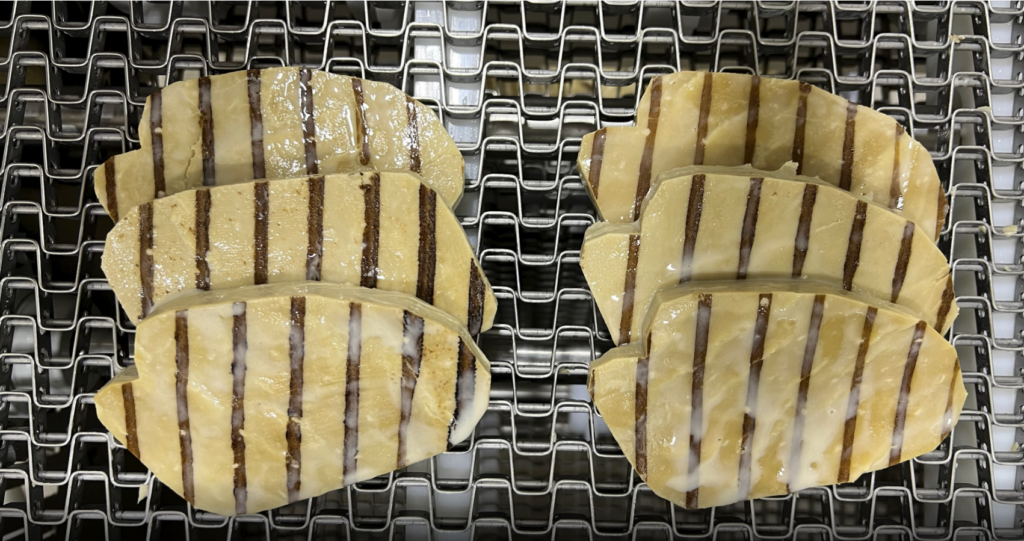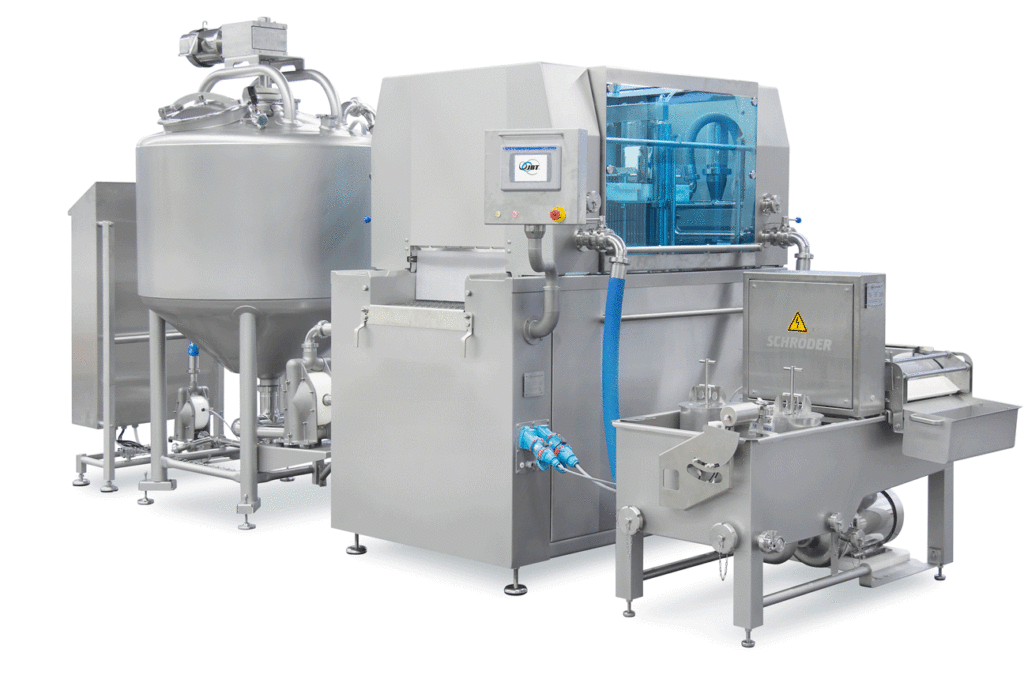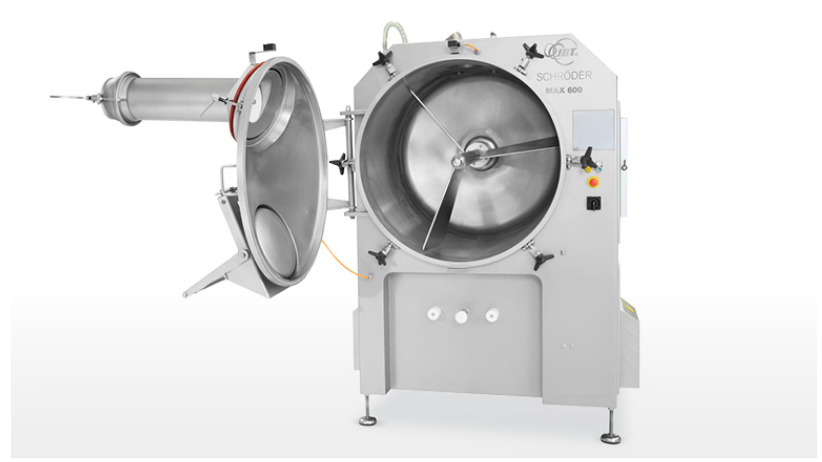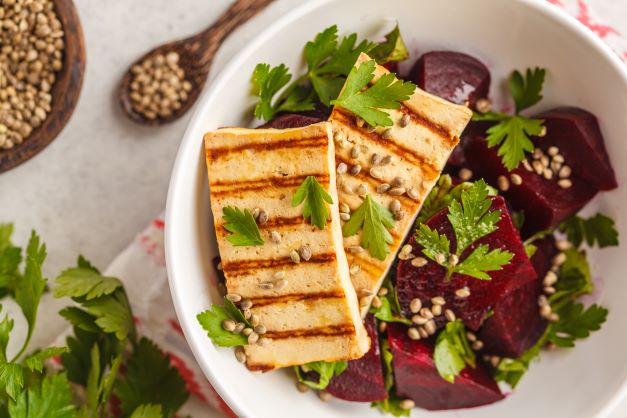Are meat-replacement products, including those using vegetarian or vegan ingredients, a viable alternative to meat? Dominik Böhm, Application Engineer at JBT Schröder, believes they can – if you’re using adequate ingredients combined with solutions that can deliver optimum results.
Juiciness, a good mouthfeel, an appealing appearance, appetizing sensory properties, all of these are attributes that make food attractive to consumers regardless of your resource base.
In the case of meat alternatives, consumer expectations are clear: the product should not only offer a healthier alternative, but should also deliver a similar taste, texture and mouthfeel to conventional meat. However, as has become clear from some disappointing sales figures for “faux meat” products over recent months, such an outcome is not always easy to achieve.

To get the best results for meat-replacement products, we recommend the following simple steps:
Firstly, spices, marinades and various ingredients – whether liquid, creamy or in a powder – should always be carefully incorporated so that the desired appearance of the products is not changed. External influences such as temperatures and mechanical loads in the machining process must also be taken into account.
Raw material in the form of plates, discs, chips, flakes or strips usually look compact from the outside, but often also consist of different fibrous layers. These layers are able to absorb marinades, which can be applied via a targeted injection. This equally applies to granules for vegetarian or vegan minced meat.
In this way, positive organoleptic qualities (juiciness, taste, smell and mouthfeel) and shelf life of the products can be achieved and preserved.
Most brines and marinades have a basic viscosity, which makes them easier to work with, however ingredients that are very liquid can also be incorporated into vegetable raw materials. The right equipment and processing technology are important here.

- Quorn (Mycoprotein)
- Soy products such as protein, concentrate, tofu or TVP (Textured Vegetable Protein)
- Pea protein, rice protein, lupine protein
- Protein derived from cultivating algae/micro-algae (novel food), fungi (fungi)
- Yeasts, bacteria and SCP (single cell protein)
- Egg white
- Milk/milk protein
- Beans, peas, lentils
- Fractionated pea starch (tasteless)
- Wheat (wheat gluten = seitan), corn
- Potatoes
- Tempeh, sweet lupins, nuts (chickpeas)
- Jackfruit (Jackfruit)
In addition, colorings can be applied to meet customer expectations of a meat-like appearance. This could be, for example, include beetroot juice, carmine or leghemoglobin (globin). JBT Schröder supplies solutions for mixing marinades and brines for vegetarian products.

When it comes to injecting marinades or colorants, JBT Schröder also provides highly-effective systems. In addition to the tried-and-tested IMAX injectors for brines with a viscosity of up to around 200 CP, the HVB injection technology developed by Schröder Maschinenbau for high-viscosity brines ensures even brine distribution and storage during injection.
If your preference is marination in combination or without injection, excellent results have been achieved with the MAX massaging technology from Schröder Maschinenbau. This gentle and time-saving massaging technology is especially suitable for granules or fibers, and offers interesting possibilities for expansion across product ranges.
Meat alternatives, vegetarian or vegan foods will find their way into our lives even more in the future than they do today. Let’s make something out of it, together!!!

